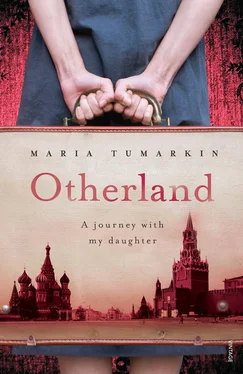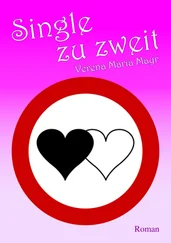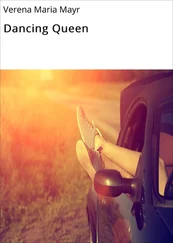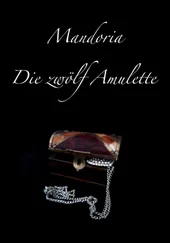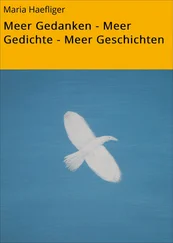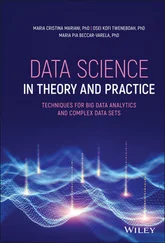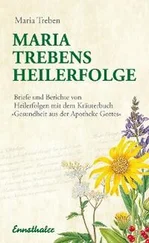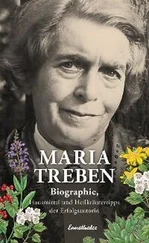In love with this girl
And with her town as well
Walking round the rainy city
What a pity there’s things to do at home.
Billie sang these words out loud, the rain falling around her just like in the song, and it did not take any special maternal sixth sense to see that she missed Melbourne already. I hugged Billie, but secretly I felt happy for her. Ever since we left Ukraine, I never loved another city again enough to miss it even before leaving it, especially if I had every intention of coming back.
VIENNA INTERNATIONAL AIRPORT IS said to be the fastest airport in Europe, which apparently means that you can whip between international flights as if they were adjacent aisles in your local supermarket. This morning, with five hours to kill until our flight to Moscow, Billie and I appear to be the sole representatives of the ‘slow travel’ movement in this whole manic beehive. While other passengers rush past us to check in or re-caffeinate, we drag our feet, wash our hands in the bathrooms as slowly and as thoroughly as surgeons, and undertake extensive market research to save a quarter of a euro on a Mozartkugeln box. Billie lovingly photographs her hot chocolate. You get the picture. Our deliberate attempt to squander time is the calculated calm before the storm, the equivalent of a sprinter putting her head down before the gun is fired and she is off the blocks. Moscow is the first point of call on our trip to Russia and Ukraine and, once we are on that plane, the ‘slow’ we are storing up will vanish from our lives for the next five weeks. We have less than a week for each of the six places in Russia and Ukraine we plan to visit, so each meeting, each stay, will feel interrupted, and that ‘running out of time’ feeling will follow us everywhere, eventually morphing into a state of chronic breathlessness.
Meanwhile I observe my emotional state with some bewilderment. I imagined I would be feeling something unmistakably momentous. Here I am, after all, baring my family’s soul to my no longer childlike child; not to mention meeting again the lost, tense teenager I was myself when the Tumarkin family departed Kharkov almost twenty years ago. Where is the painful apprehension I should be feeling? The reckless elation of imminent self-exposure? Can I have at least one big emotion befitting the occasion? As Billie and I finally pick up our boarding passes one idea, as petty as it is pathetic, fills my mind – Oh God, I am ridiculously underdressed .
As we pass through the departure gate, the fashion altitude changes sharply. (I could have told you as much.) My daughter and I watch the sensible flatties that dominated much of Vienna Airport give way to an entire ecosphere of heels, to women dressed as if being guided by comfort and self-restraint in choosing their clothes was an insult to the very idea of femininity. You can always pick the non-Russians in this crowd; they are the ones who leave their killer heels, their yummy pants and their volumising mascara for special occasions, not realising that life is passing them by as they prance around in their fisherman pants and their Converse sneakers. Look at me: no heels, no frills, no feminine ostentation of any kind. What was I thinking when I opted for practical? Everyone knows that in the country of my birth women don’t wear jeans, heavy boots and brown, cleavage-concealing jumpers, not even when they are called up for combat or zoo duty.
Yet since when have I been scared to defy the dress code? Since when have I needed to look the part? And what part is that exactly? Russians are spoilt, possibly more than any other people on earth, by the sheer scale and calibre of feminine charms on display in the former USSR. Not only do I want to be recognised by my former compatriots as a woman; I also want to be recognisable as one of them ; to remove from my body and face all traces of the two long decades of my life I have spent as a migrant, as if these decades were a mask or a no longer needed accessory. Oh, the anxiety of being spotted. Recognised instantly. Found out as a foreigner. If it is not my clothes, then my accent will give me away – the way my sentences end in a question mark, the way my intonation goes up when it should go down.
God knows, I am an avid believer in individuality, but right now I wish I too were a sparkling, heel-clicking, strategically smelling throwback to the animal kingdom. I don’t care if I am perpetuating the worst kinds of stereotypes; the truth is that in the country where I was born most women do not put on heels merely to go out. They go to work in them, throw out the rubbish in them, catch overnight trains and, unfailingly, trawl in them through the mud and the grey, melting snow. What I am feeling is not just the fear of the outsider. It is trivial. It is vain. It is embarrassingly small-minded. It is, above all, atavistic.
‘When I knew your mum, she always wore heels. I don’t think she owned a pair of flat shoes,’ Ira tells me in Kiev several weeks later. Ira (pronounced ‘Eera’, not ‘Aira’) is the best friend my mum had in her early twenties, before she married my father and moved from Kiev to his hometown. For five years, between the ages of nineteen and twenty-four, Mum and Ira were inseparable. I love Ira straight away. So does Billie. Back in Melbourne, a few months after our trip, Billie wears high heels to a dress-up party, completely disregarding a spare pair of flat shoes we bring along in a plastic bag. Her high heels stay on for six hours, even for the crazy can-can dancing. At the end of the evening Billie tells me, ‘Mum, I want to be like Nanna. I want to be the girl who has never owned a pair of flat shoes.’
Heels are, of course, the pointed tip of the iceberg. The tried and tested loyalty to them that Billie has found so infectious stands for something else – a way of being in the world. It is not for nothing that countless foreign men get giddy and twist their necks silly in Russia and all the former republics. And please do not tell me that it is just because many of the women look like hookers. It seems to me that no one, unless they are fifteen or come from a country where female sexuality is driven underground or downright outlawed, is startled anymore by bits of flesh, no matter how protruding or how spectacular. No, it is not the display of legs or breasts as such, but the way so many women in the former USSR dress with an acute awareness that today may be their last or most fateful day; the day in which they could be hit by a truck, or come face-to-face with the woman who stole their man a decade ago, or be spotted by a famous casting agent. And why not? Olga Kurylenko, the current James Bond girl, was talent-scouted on a train in Moscow when she was a mere teenager. You never know what might happen, so dress up, not down. ‘When in doubt, up, not down’: this great hungry-and-thirsty, aspirational mantra still separates Eastern Europe from the rest of the continent.
Such a way of being is not a reflection of national joie de vivre, quite the contrary. In both Russia and Ukraine there is no real social net to catch women should they have children on their own, lose their job or their husband, or have to care for chronically ill family. The monthly unemployment benefits paid to residents of Moscow, the country’s richest city, are sufficient for only three days’ food, according to a recent investigation by the Novaya Izvestiya newspaper. And that is before we talk about rent, utility bills and clothing. But at least in Moscow, most benefits are paid on time. In the provinces, delays of several months for unemployment benefits, wages and pensions are standard. The situation is very similar in Ukraine.
It follows then that most women, especially away from the big cities, will at one point or another have to find a man to rely on in order to survive. Now add to this picture the fact that in both Russia and Ukraine there are many more women than men and that, statistically, women live much longer than men, and that the majority of Russia’s million-strong grey army of alcoholics are men, and you will begin to grasp the distinct overtones of social Darwinism that colour interaction between the sexes. Sometimes the hunt for a good man is really as crude as all that – the survival of the fittest against the backdrop of fierce competition for scarce resources.
Читать дальше
